When a new MP is offered a job as a parliamentary private secretary for a cabinet member, it’s often a test to see if they really would do anything to get into government. It involves running errands, spying on colleagues, ferrying messages around the Commons and planting inane questions for backbenchers to ask in the chamber. But in this hung Parliament, another duty has been added to those of the Tory PPS: to report anyone who might look as if they’re running for leadership.
The Tory whips’ office has asked every PPS to inform them if any minister is behaving suspiciously — giving grand speeches about the state of the nation, perhaps, inviting colleagues for drinks or just making a few too many friends. Everyone knows that Theresa May is unlikely to fight another general election, so a leadership campaign is inevitable. But everyone seems to agree that this could fairly quickly turn into a bloodbath, so it’s best that no one moves now. It’s an uneasy truce, which the whips are anxiously trying to police.
The new consensus is that May will lead the party to the end of the Brexit negotiations, because a leadership challenge could backfire so badly. As one MP puts it: ‘We’ve gone from “what the hell are we going to do?” to “we have a plan” — 18 months more of May so that we have time to form a real plan.’ Planning to plan might sound more like a Blackadder sketch than a strategy for good government, but few Conservatives think they have other options.
In the last few months, May’s would-be rivals in the cabinet have demeaned themselves with petty squabbles. ‘The more cabinet briefings, the less appetising the alternatives to May have become,’ explains a senior member of the 1922 Committee of backbenchers. Anyone who thinks they are up to the job must make their case discreetly or they’ll be condemned as overly ambitious, and reported to the whips. So this means a phoney leadership war has begun.
The new rules of engagement are anything but simple. There is to be no posturing, preening or parading in public: would-be candidates can’t be seen to be courting publicity, let alone be caught soliciting support. ‘There’s a very fine balance to what you can and can’t do,’ muses one perplexed member of government. ‘It’s like walking a tightrope.’
Jacob Rees-Mogg is the first to fall foul of the rules of the fake leadership contest. He has become the hot summer topic, touted as the Conservative answer to Corbyn thanks to his single-mindedness and large social media following. Much to the chagrin of his colleagues, he seems to have been rather enjoying the speculation, putting in numerous media appearances to explain modestly why he doesn’t think he would stand a chance.
But, oddly, this self-exposure underlines his claim not to be serious about the leadership. Those who are deadly serious have to play by the rules and are trying to keep a decent silence. As Rees-Mogg pointed out, it’s easy for a backbencher to shoot to the top of an opposition party, but the party of government needs experience, which means choosing between those already in office. Being prime minister is not an entry-level job.
All the frontrunners are cabinet ministers, well versed in the art of plotting, but there’s a growing feeling in the party that the old guard, those who led the party into this mess, are not the answer. David Davis, while highly regarded, is not seen as the future. Philip Hammond is too divisive within the party thanks to his tin ear and EU stance. And Boris Johnson’s star power has waned: ‘He’s done,’ as one MP rather brutally puts it.
Amber Rudd is the more popular choice (and the Cameron candidate) but not even her most ardent supporters can find a solution to her wafer-thin majority of 346 in Hastings and Rye. One idea being touted is that a neighbouring MP with a safe seat — such as Nicholas Soames in Mid Sussex —could step aside for Rudd. A clever idea in theory, but in practice it would be seen as an act of jaw-dropping cynicism.
The politicians giving the whips the biggest headache are junior ministers such as Dominic Raab and Rory Stewart, who they suspect are getting ideas above their station. The latter, a Foreign Office minister, was the cause of consternation earlier this summer when MPs were reprimanded for attending a dinner he hosted. However in a sign that things are ‘complicated’, MPs were surprised four weeks later to find several of the whips at a drinks party in Stewart’s office. He isn’t the only one suddenly holding impromptu soirees. One minister jokes that the would-be leaders are launching their own leadership bids by going to other people’s leadership drinks.
There is an alternative to this palaver. When Michael Howard blew the 2005 general election, he did not resign, like William Hague. He stayed on out of a sense of duty to his party, as May has. He knew there was interest in a possible leader from the younger generation of MPs, and knew they were untested. So he promoted young Turks like David Cameron and George Osborne, while giving a clear run to the established candidates like Sir Malcolm Rifkind and David Davis. His last act as leader was to give his MPs the best possible means of choosing a successor.
May has two important jobs before she departs: to deliver Brexit and provide a stable transition for her party. If she’s serious about the latter, then she could carry out a government reshuffle which would promote new MPs, giving them the opportunity to prove themselves and test their mettle.
She cannot end leadership speculation, but she can manage it. A reshuffle that promotes young talent could end the fake leadership contest before it mutates into a real one.
Katy Balls and Paul Goodman on the Tory leadership’s runners and riders on the Spectator Podcast.
Got something to add? Join the discussion and comment below.
Get 10 issues for just $10
Subscribe to The Spectator Australia today for the next 10 magazine issues, plus full online access, for just $10.
You might disagree with half of it, but you’ll enjoy reading all of it. Try your first month for free, then just $2 a week for the remainder of your first year.


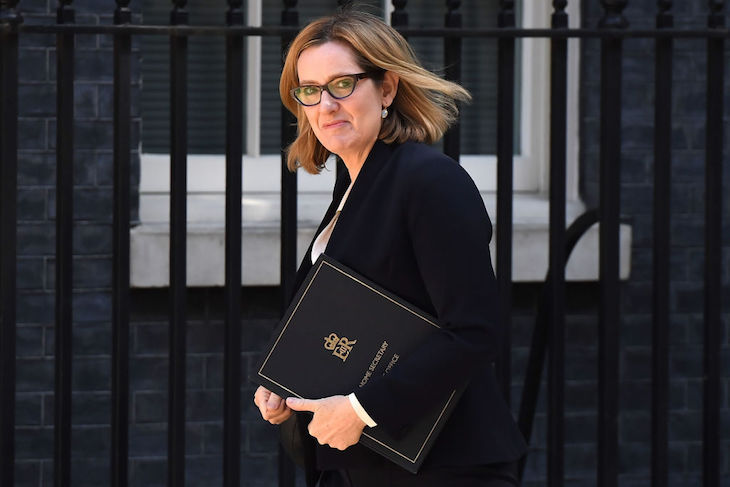
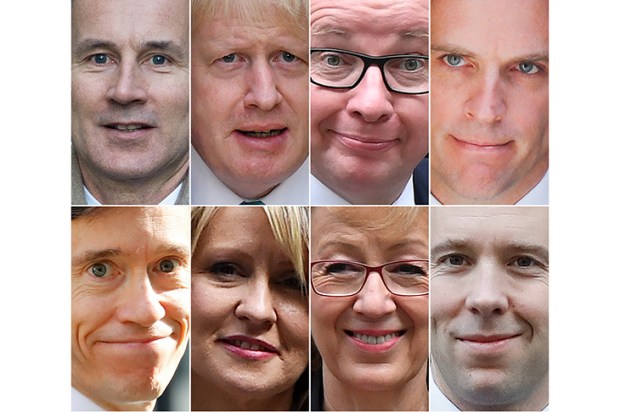
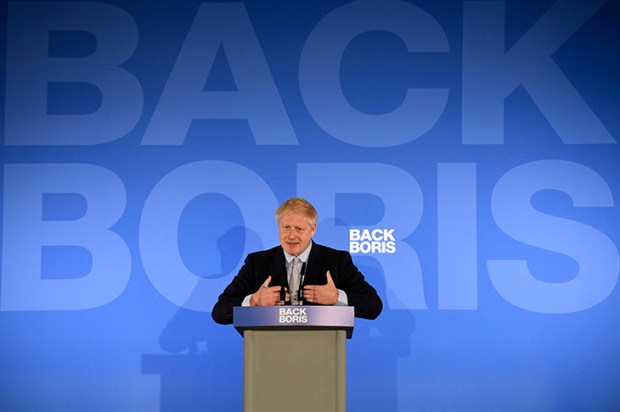

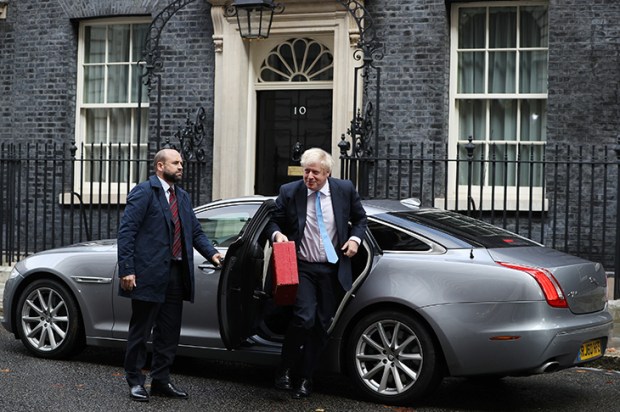

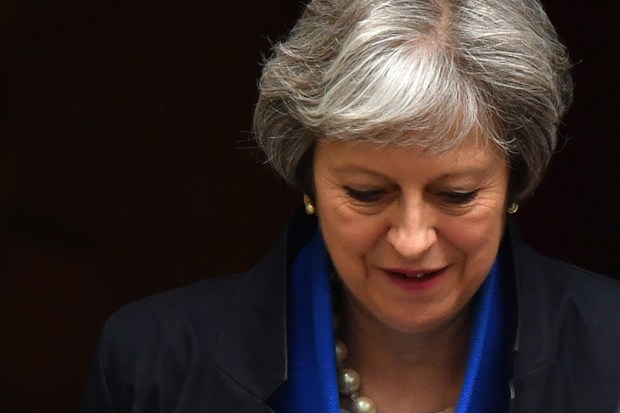






Comments
Don't miss out
Join the conversation with other Spectator Australia readers. Subscribe to leave a comment.
SUBSCRIBEAlready a subscriber? Log in